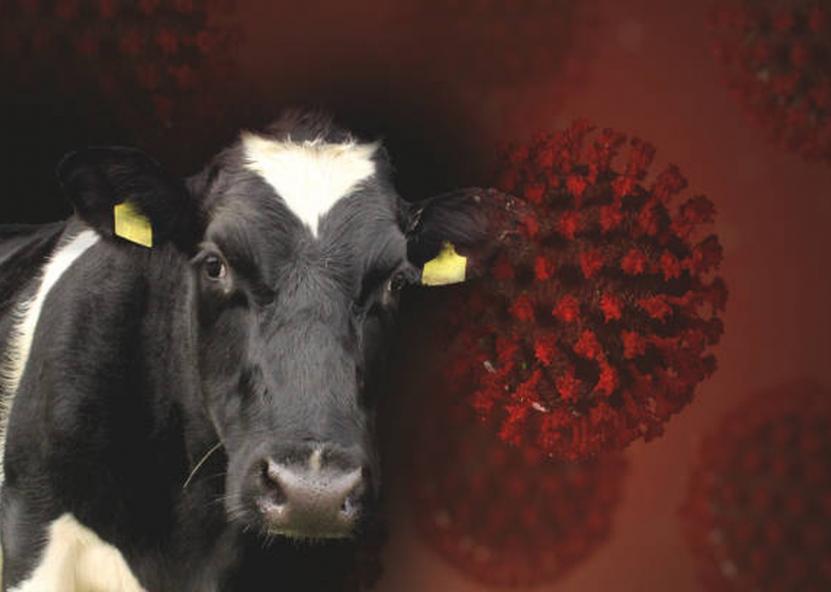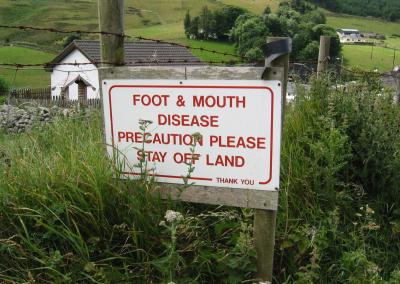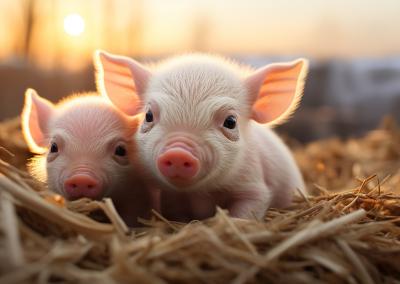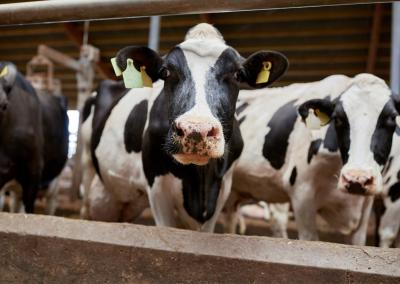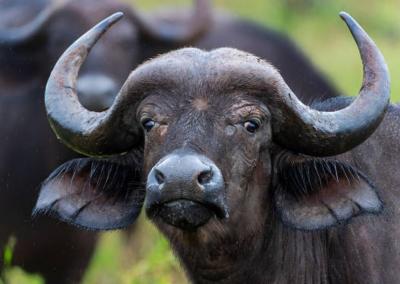VMVT urges farmers to be prepared: foot-and-mouth disease spreading in Europe
With new cases of foot-and-mouth disease in Europe, the State Food and Veterinary Service (SVVT) is urging Lithuanian farmers not to delay preventive actions and preparations for a possible outbreak. Given the nature and speed of the spread of infectious animal diseases in Europe, experts advise to prepare for possible outbreaks in advance, as it is much easier to control the situation.
„Foot-and-mouth disease is sweeping Europe again after almost 50 years. Now that Lithuania is part of the single European market, we cannot rule out the possibility of infectious diseases reaching our country. We therefore urge all livestock farmers not to delay their last minute preparations and to think now about what to do in case of an emergency," said Vaidotas Kiudulas, Chief Veterinarian of the Republic of Lithuania.A few key things cattle farmers should do:
- comply with biosecurity requirements (responsible purchase of new animals, quarantine of animals brought onto the farm, proper disinfection, rodent control, etc.);
- closely monitor and react promptly to symptoms of livestock diseases;
- monitor the situation in the country and in the neighbourhood (media reports, information from farmers' organisations and public authorities).
Small foot-and-mouth disease has hit Slovak cattle farmers. Veterinary experts from that country have already shared their experience with the VMVT. Experts say that one of the biggest challenges in the outbreak was to find suitable places to dispose of the carcases. The law stipulates that dead cattle must be disposed of safely in specially adapted facilities, but there was insufficient capacity at the time of the outbreak. In order to reduce the risk of spreading the disease during transport, an alternative method of disposing of carcasses has been used – carcasses have been buried as close as possible to the outbreak site. This is a practice already in place on pig and poultry farms where African swine fever and avian influenza cases have been detected respectively. In Lithuania, a permit from the Lithuanian Geological Survey is required to establish such a burial site for carcasses.
„It is important to be prepared for the worst-case scenario, and we would therefore recommend that a burial site be identified in advance. In the event of an outbreak, all services are overloaded, so it would be wise to make all the necessary arrangements in advance," says Vaidotas Kiudulas, Chief Veterinarian of the Republic of Lithuania. He says that a quick and successful eradication of an FMD outbreak can stop the further spread of the disease and therefore expects Lithuanian farmers to be aware and help prepare for all eventualities. Only with a well-designed and prepared eradication plan can the further spread of the disease in the country be stopped quickly and efficiently.
It is important for livestock keepers not only to be prepared for potential animal health challenges, but also to think of solutions to manage both diseases and various other unforeseen or emergency situations on their animal farms.
The VMVT hopes that the information provided by the service will help farmers to ensure that their farms are resilient to potential situations.Specialists encourage farmers to keep up to date with the latest information on biosecurity measures and other relevant information on infectious diseases in animals by following the dedicated link on the VMVT website.



































































































